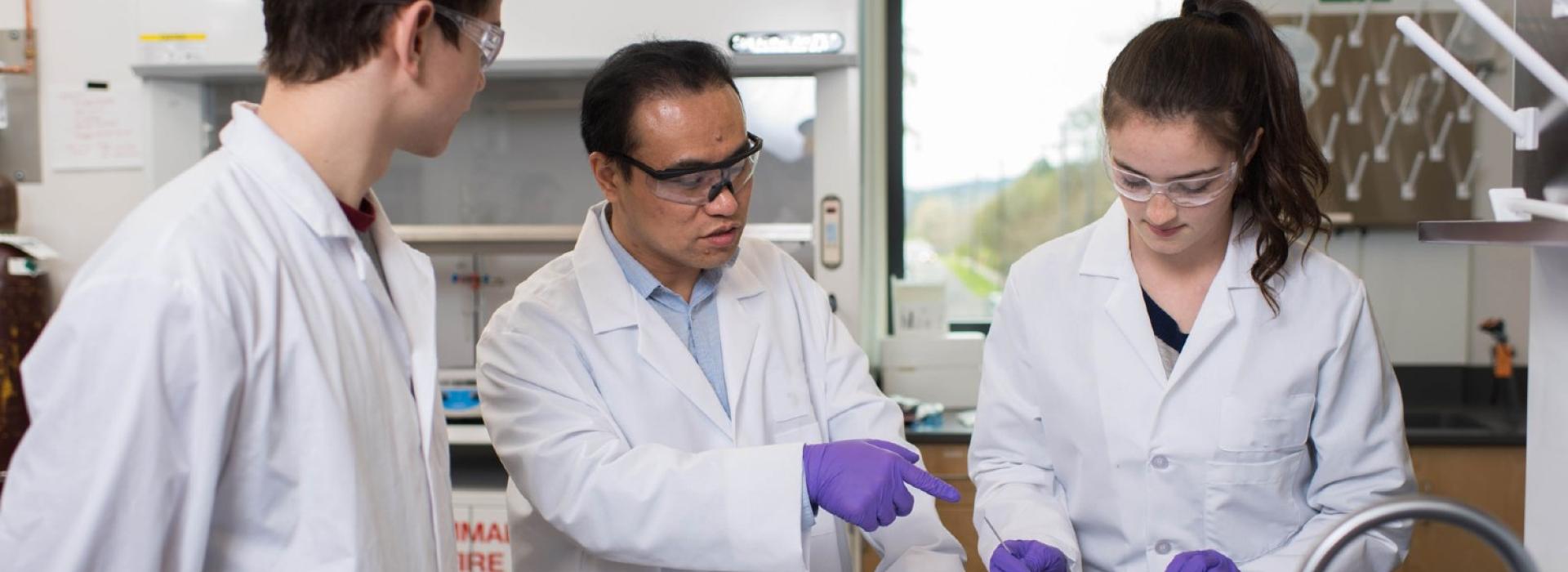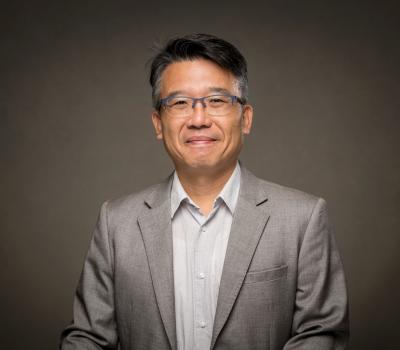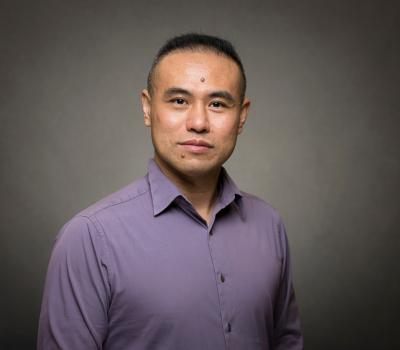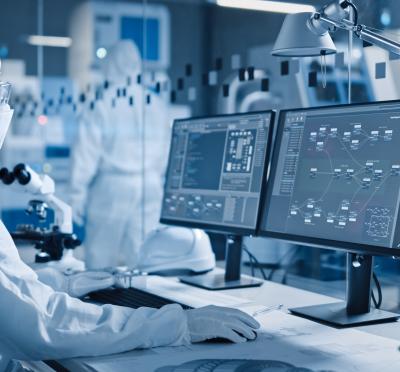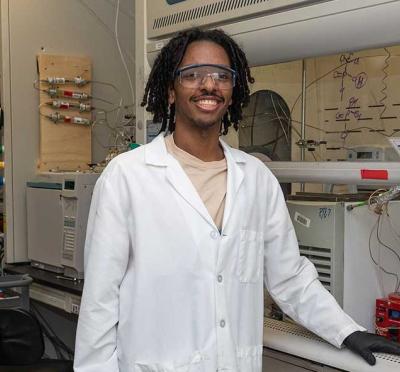The National Science Foundation has selected Oregon State University as one of 16 research institutions to receive Phase 1 grants for the 2023 Convergence Accelerator program’s Track I: Sustainable Materials for Global Challenges, a $11.5 million investment targeting a global need for critical materials in infrastructure, health care, national security, and energy. Established in 2019, the Convergence Accelerator advances solutions developed from cooperative, interdisciplinary research aimed at making positive societal impacts and promoting a circular economic approach.
“Creating environmentally — and economically — sustainable materials and products is critical to our future,” said Erwin Gianchandani, NSF assistant director for technology, innovation, and partnerships. “The use-inspired solutions in which we are investing … will advance the circular design of materials and manufacturing processes to reduce pollution and waste.”
Oregon State’s team, dubbed Brine Miners, includes representatives from academia, industry, and government agencies. It is led by Zhenxing Feng, associate professor of chemical engineering; Kelsey Stoerzinger, assistant professor of chemical engineering; Chih-Hung Chang, professor of chemical engineering; and Astrid Layton, assistant professor of mechanical engineering at Texas A&M University.
Organizations such as Espiku, OSU Advantage, Hatfield Marine Science Center, Membrion, MemPro, De Nora, and the Oregon Department of Energy are uniting to collectively offer expertise in numerous disciplines to advance their research, with project responsibilities including developing, prototyping, and testing technology; advising on government policy; and leading community STEM education and outreach.
NSF awarded Oregon State’s project, “Toward Water Circularity: Mining Green Hydrogen and Value-Added Materials from Hypersaline Brines,” $750,000 in funding through November. The team’s research focuses on water circularity, a sustainable model that could help mitigate the negative impacts of climate change by providing alternatives to fossil fuels. The project aims to demonstrate the use of renewable energy to extract a zero-emission fuel, along with strategic minerals, from concentrated brines such as seawater — generating oxygen gas and clean, desalinated water as byproducts.
“We'll extract hydrogen and other useful elements like lithium, which can be used to produce lithium-ion batteries,” Feng said. “We won’t waste anything. Hydrogen is a zero-emission fuel, useful as an alternative to natural gas, or to power fuel cells to electrically power transportation. It can also be used to make products like ammonia for fertilizer.”
The team has begun Phase 1 of the Convergence Accelerator, a nine-month effort. The team is just starting to work on the project’s research component, extracting and testing materials. Members meet weekly to participate in Convergence courses that guide them through all steps of their project from ideating and designing, onto prototyping and testing, to finally marketing a product. Throughout Phase 1, the team will engage in multidisciplinary collaboration, the core principle of the program. Ultimately the team will pitch its product proposal to the NSF. Four or five of the original 16 teams will be selected to advance to Phase 2, a two-year commitment with more funding.
“We’re excited to work toward a circular process for water and toward a circular economy,” Feng said. “NSF wants our team to be self-sustainable going forward, so we hope to continue gaining support from the private sector and federal agencies to help us build our products and create a strong societal impact.”
